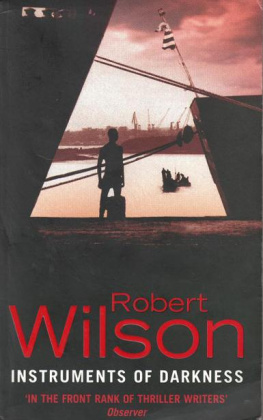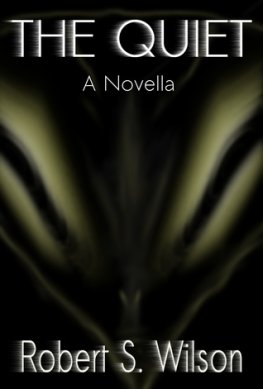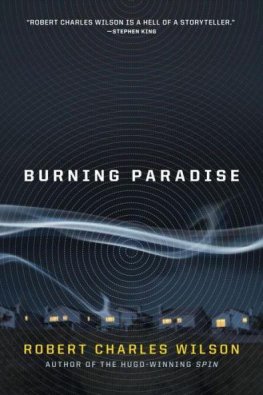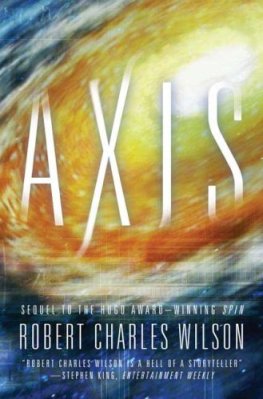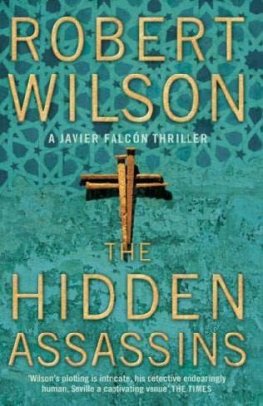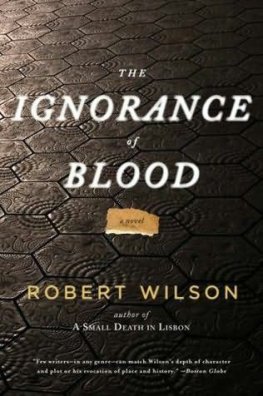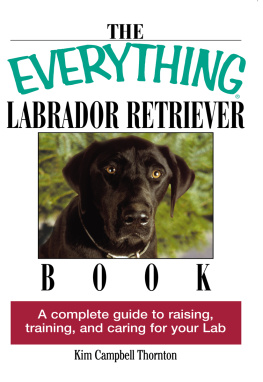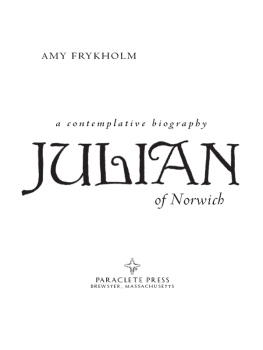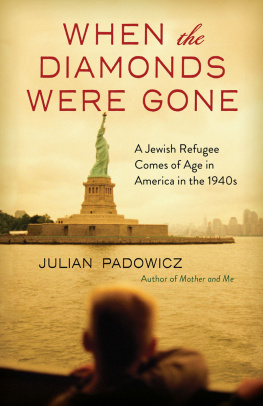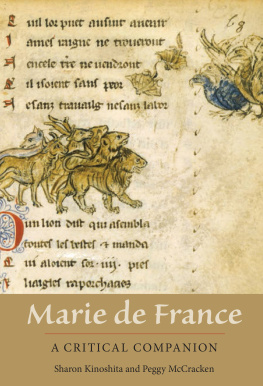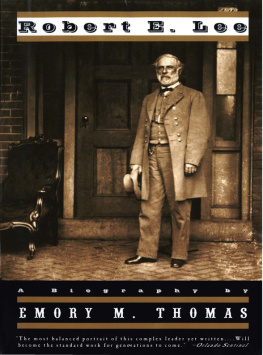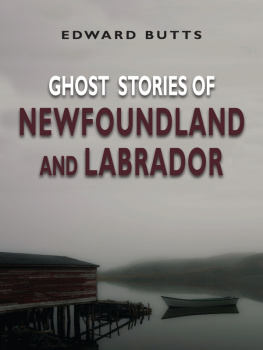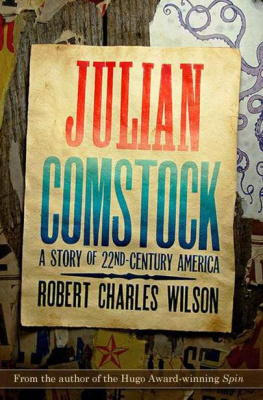Julian: A Christmas Story
by Robert Charles Wilson
This is a story about Julian Comstock, better known as Julian the Agnostic or (after his uncle) Julian Conqueror. But it is not about his conquests, such as they were, or his betrayals, or about the War in Labrador, or Julians quarrels with the Church of the Dominion. I witnessed many of those eventsand will no doubt write about them, ultimatelybut this narrative concerns Julian when he was young, and I was young, and neither of us was famous.
In late October of 2172an election yearJulian and I, along with his mentor Sam Godwin, rode to the Tip east of the town of Williams Ford, where I came to possess a book, and Julian tutored me in one of his heresies.
It was a brisk, sunny day. There was a certain resolute promptness to the seasons in that part of Athabaska, in those days. Our summers were long, languid, and hot. Spring and fall were brief, mere custodial functions between the extremes of weather. Winters were short but biting. Snow set in around the end of December, and the River Pine generally thawed by late March.
Today might be the best we would get of autumn. It was a day we should have spent under Sam Godwins tutelage, perhaps sparring, or target-shooting, or reading chapters from the Dominion History of the Union. But Sam was not a heartless overseer, and the kindness of the weather had suggested the possibility of an Outing, and so we had gone to the stables, where my father worked, and drawn horses, and ridden out of the Estate with lunches of black bread and salt ham in our back-satchels. We rode east, away from the hills and the town. Julian and I rode ahead; Sam rode behind, a watchful presence, his Pittsburgh rifle ready in the saddle holster at his side. There was no immediate threat of trouble, but Sam Godwin believed in perpetual preparedness; if he had a gospel, it was BE PREPARED; also, SHOOT FIRST; and probably, DAMN THE CONSEQUENCES. Sam, who was old (nearly fifty), wore a dense brown beard stippled with wiry white hairs, and was dressed in what remained presentable of his tan-and-green Army of the Californias uniform, and a cloak to keep the wind off. He was like a father to Julian, Julians own true father having performed a gallows dance some years before. Lately he had been more vigilant than ever, for reasons he had not discussed, at least with me. Julian was my age (seventeen), and we were approximately the same height, but there the resemblance ended. Julian had been born an aristo; my family was of the leasing class. His skin was clear and pale where mine was dark and lunar. (I was marked by the same Pox that took my sister Flaxie to her grave in 63.) His hair was long and almost femininely clean; mine was black and wiry, cut to stubble by my mother with her sewing scissors, and I washed it once a week or somore often in summer, when the brook behind the cottage ran clean and cool. His clothes were linen and, in places, silk, brass-buttoned, cut to fit; my shirt and pants were course hempen cloth, sewn to a good approximation but obviously not the work of a New York tailor.
And yet we were friends, and had been friends for three years, since we met by chance in the forested hills west of the Duncan and Crowley Estate, where we had gone to hunt, Julian with his fine Porter Earle cassette rifle and me with a simple muzzle-loader. We both loved books, especially the boys books written in those days by an author named Charles Curtis Easton. I had been carrying a copy of Eastons Against the Brazilians, illicitly borrowed from the Estate library; Julian had recognized the title, but refrained from ratting on me, since he loved the book as much as I did and longed to discuss it with a fellow enthusiast (of which there were precious few among his aristo relations)in short, he did me an unbegged favor, and we became fast friends despite our differences. In those early days I had not known how fond he was of blasphemy. But I had learned since, and it had not deterred me. Much.
We had not set out with the specific aim of visiting the Tip; but at the nearest crossroad Julian turned west, riding past cornfields and gourdfields already harvested and sun-whitened split-rail fences on which dense blackberry gnarls had grown up. The air was cool but the sun was fiercely bright. Julian and Sam wore broad-brimmed hats to protect their faces; I wore a plain linen pakool hat, sweat-stained, rolled about my ears. Before long we passed the last rude shacks of the indentured laborers, whose near-naked children gawked at us from the roadside, and it became obvious we were going to the Tip, because where else on this road was there to go?unless we continued east for many hours, all the way to the ruins of the old towns, from the days of the False Tribulation.
The Tip was located far from Williams Ford to prevent poaching and disorder. There was a strict pecking order to the Tip. This is how it worked: professional scavengers hired by the Estate brought their pickings from the ruined places to the Tip, which was a pine-fenced enclosure (a sort of stockade) in a patch of grassland and prairie flowers. There the newly-arrived goods were roughly sorted, and riders were dispatched to the Estate to make the highborn aware of the latest acquisitions, and various aristos (or their trusted servants) would ride out to claim the prime gleanings. The next day, the leasing class would be allowed to sort through what was left; after that, if anything remained, indentured laborers could rummage among it, if they calculated it worthwhile to make the journey.
Every prosperous town had a Tip; though in the east it was sometimes called a Till, a Dump, or an Eebay.
Today we were fortunate: several wagonloads of scrounge had lately arrived, and riders had not yet been sent to notify the Estate. The gate was manned by a Home Guard, who looked at us suspiciously until Sam announced the name of Julian Comstock; then the guard briskly stepped aside, and we went inside the enclosure.
Many of the wagons were still unloading, and a chubby Tipman, eager to show off his bounty, hurried toward us as we dismounted and moored our horses. Happy coincidence! he cried. Gentlemen! Addressing mostly Sam by this remark, with a cautious smile for Julian and a disdainful sidelong glance at me. Anything in particular youre looking for?
Books, Julian said promptly, before Sam or I could answer.
Books! Ordinarily, I set aside books for the Dominion Conservator
The boy is a Comstock, Sam said. I dont suppose you mean to balk him. The Tipman reddened. No, not at all in fact we came across something in our digging a sort of library in miniature Ill show you, if you like.
This was intriguing, especially to Julian, who beamed as if he had been invited to a Christmas party. We followed the stout Tipman to a freshly-arrived canvasback wagon, from which a laborer was tossing bundled piles into a stack beside a tent.
These twine-wrapped bales were books old, tattered, and wholly free of the Dominion Stamp of Approval. They must have been more than a century old; for although they were faded they had obviously once been colorful and expensively printed, not made of stiff brown paper like the Charles Curtis Easton books of modern times. They had not even rotted much. Their smell, under the cleansing Athabaska sunlight, was inoffensive.
Sam! Julian whispered. He had already drawn his knife and was slicing through the twine.
Calm down, suggested Sam, who was not an enthusiast like Julian.
Oh, butSam! We should have brought a cart!
We cant carry away armloads, Julian, nor would we ever have been allowed to. The Dominion scholars will have all this. Though perhaps you can get away with a volume or two. The Tipman said, These are from Lundsford. Lundsford was the name of a ruined town thirty or so miles to the southeast. The Tipman leaned toward Sam Godwin, who was his own age, and said: We thought Lundsford had been mined out a decade ago. But even a dry well may freshen. One of my workers spotted a low place off the main excavationsa sort of


